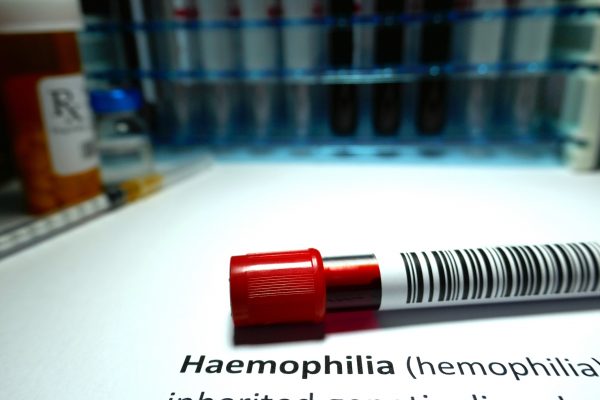
A medicine, a vaccine and a fast and reliable testing method. These are the three key ingredients to managing the corona pandemic. Scientists all over the world are conducting research in these three key fields. This week, manufacturing company 3M and scientists from the Massachusetts Insititute of Technology (MIT) announced that they are working on a new corona test that can come up with a result within 10 minutes.
There are more research efforts towards a faster corona testing method. In the UK, France and Iran dogs are being trained to literally sniff out the corona virus. And Finnish researchers are close to developing a corona-breathalyzer test that works in a similar fashion to the alcohol breathalyzer tests in use by the police. The novelty about the testing method that is under development by 3M and MIT is the fact that it concerns a home testing kit. People can check themselves for the corona virus and obtain a quick result without need for sending a sample off to a lab. If all goes according to plan, and trials show the testing method to be effective, the first corona test kits can hit the US market as early as late summer or early autumn.
The test would detect viral antigens and deliver results within minutes via a paper-based device. Antigens contain protein traces by the corona virus. Detecting these is a relatively easy process, which means that results can be obtained without the need for lab testing. The FDA does warn that antigen based tests are not as accurate as the diagnostic RNA tests that are performed in a lab. There is a chance that there will be more false negatives as a result, which means that people may assume that they have not been infected, when in fact they have. This is why there will be extensive tests before the corona test gets approved by the FDA. The research project is partly being funded by the US government.
The rapid test being developed by the Sikes Lab at MIT and 3M is based on binding proteins. Lead researcher at MIT is professor Hadley Sikes. “Ours is a test for the proteins of the virus rather than its genetic material, and you don’t need to send a sample to the lab for processing,” she says. “Our goal is that someone with minimal training could perform the test within minutes.”
Sikes’ proteine-driven testing method has already been successful in detecting identified markers for malaria, tuberculosis, and dengue. The binding proteins in the test attach to coronavirus proteins and enable detection by associating a colour change with their presence. Conceptually, it is similar to an over-the-counter pregnancy test, though the format and components differ in ways that make it more scalable.
Sikes is enthusiastic about the process. “It’s a rare collaboration of government, industry, and university to innovate at a rapid pace in this pandemic,” she says. “Our groups and many others across the globe are doing our best to rise to the daunting challenge of swiftly adapting and deploying new technologies to increase Covid-19 testing.”
Source